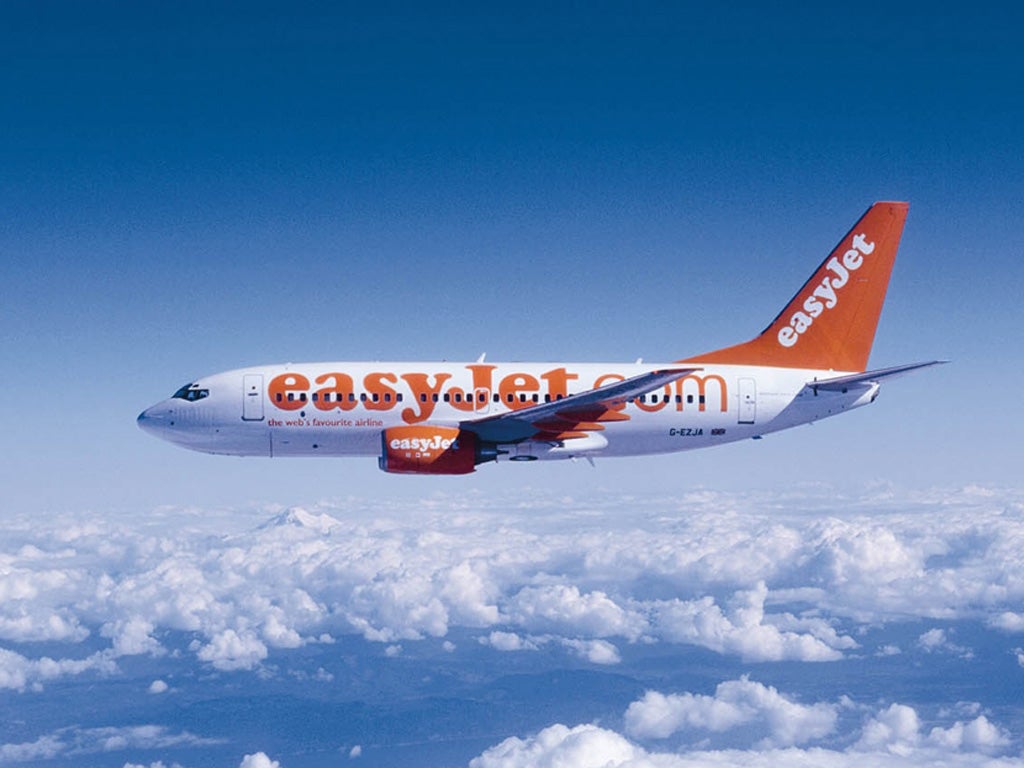A traveller wonders how low-cost airlines can charge such high booking fees
Q&A: Travel unravelled

Your support helps us to tell the story
From reproductive rights to climate change to Big Tech, The Independent is on the ground when the story is developing. Whether it's investigating the financials of Elon Musk's pro-Trump PAC or producing our latest documentary, 'The A Word', which shines a light on the American women fighting for reproductive rights, we know how important it is to parse out the facts from the messaging.
At such a critical moment in US history, we need reporters on the ground. Your donation allows us to keep sending journalists to speak to both sides of the story.
The Independent is trusted by Americans across the entire political spectrum. And unlike many other quality news outlets, we choose not to lock Americans out of our reporting and analysis with paywalls. We believe quality journalism should be available to everyone, paid for by those who can afford it.
Your support makes all the difference.Q. EasyJet has introduced a new £9 booking charge. What does it mean for travellers? Bill Hogg
A. It means the poor traveller is even more confused – and more out of pocket. To explain the background: for years, low-cost airlines have sought to make their fares look cheaper than they actually are, by adding a payment fee except for customers using increasingly obscure cards (in easyJet's case, the Electron card). This allows them to advertise flights at fares below what the vast majority of passengers actually pay.
The Office of Fair Trading estimated that travellers paid an extra £300m in such charges in 2010. The Government told the airlines to stop. Monarch has already done so; Ryanair says it won't change its £6 per person, per flight "admin charge" for everyone except those paying with the Ryanair Cash Passport. And easyJet has increased its £8 debit card flat fee to £9 (with a minimum of £13.95 for credit-card payments), and scrapped the no-fee Electron arrangement. Richard Lloyd, editor of Which? magazine calls it "a small step in the right direction". But most consumers will see it as baffling – as if their local supermarket suddenly added a £9 charge to shoppers' bills, whether they buy a pint of milk or a fortnight's grocery.
So why has easyJet done it? The airline says the charge is to meet overheads, and it has chosen the fixed-fee option because that is fairer to families and business travellers who book multiple flights in the same transaction. But passengers may conclude it is a cynical move to continue to advertise artificially low fares. An ad showing "£38.49" fares to the Med has the small print "based on four people flying". A single traveller will pay about £7 more.
Q. How much time should I have left on my passport when travelling to the Canaries? S Miller
A. Assuming it is a British passport, it need be valid no longer than your expected date of return. In principle, though, you should always try to renew a passport nine months before it expires. If your passport is due to run out on 14 October, and you renew it now, the replacement document will be valid until 14 October 2022.
Join our commenting forum
Join thought-provoking conversations, follow other Independent readers and see their replies
Comments